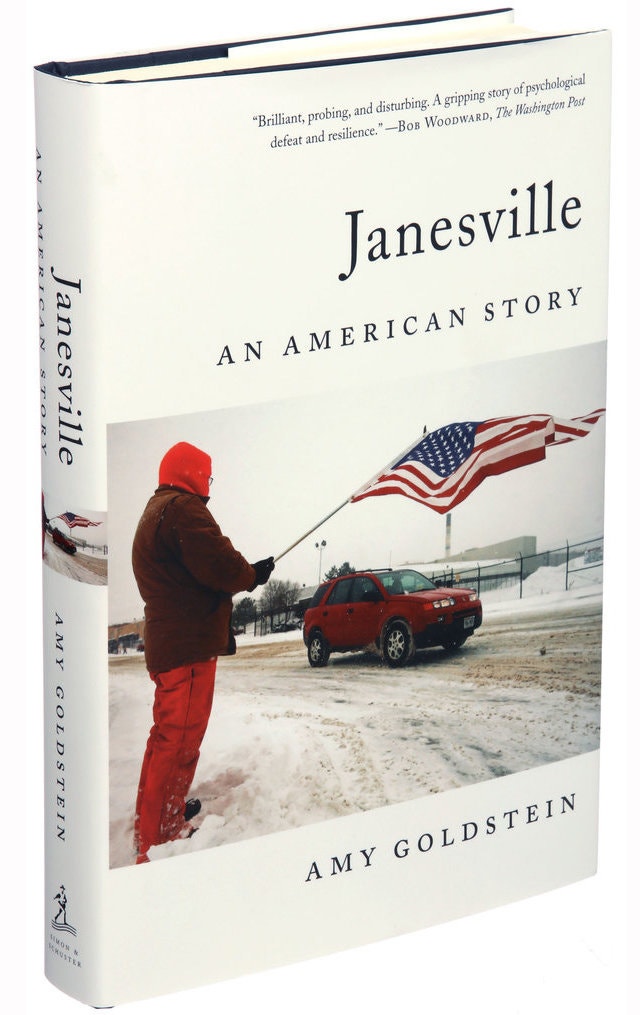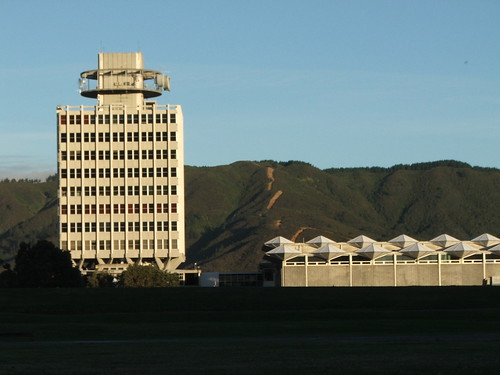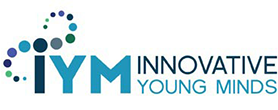
I recently read the book “Janesville: an American story” (2017) that at first sight reminded me of Lower Hutt. It's written by Amy Goldstein, a Pulitzer Prize-wining Washington Post reporter. A review had told me that the book describes what the town of Janesville, Wisconsin, had done to recover ....
The devastating closure of a GM auto manufacturing plant in 2008, two days before Christmas, meant that 9,000 jobs were lost in that town of 63,000 people. The book takes the reader through the activities of the autoworkers, teachers, job re-trainers, bankers, and politicians, including Barak Obama, Donald Trump and local Congressman Paul Ryan.
I was interested in this because of work I’ve done with Hutt City Council, the Chamber of Commerce and others, on the Technology Valley concept. Hutt Valley’s history over the last few decades includes the losses of motor vehicle assembly, meat processing, tyre manufacturing, yearling sales, TV and movie production, and many other businesses. You’ll see the analogy with Janesville. \


Technology Valley’s purpose is to reinvigorate the prosperity of the Hutt Valley through new industries based on high technology, advanced manufacturing, and science. While many high-tech firms are growing here, I think Technology Valley’s main progress so far has been with OpenPoly’s Primary Science Teaching Diploma, and the Hutt Science and the IYM (Innovative Young Minds) programmes for youth supported by the Lower and Upper Hutt City Councils and by some of our Rotary Clubs.

Despite the optimism I’d seen in the review, my reading of Janesville's story differs. One learns that mid-career retraining of workers was largely ineffective, despite Barak Obama’s generous federal funding for it. Five years after the crisis, statistics show those who had retrained were less likely to be employed than those who hadn’t – perhaps the former sat in classrooms while the latter grabbed what few jobs were available. A second disappointment was reading how the gap between the have’s and the have-not’s widened dramatically. Janesville is now more divided than ever.
The main positive thing was the generosity that some key people and charities showed toward the affected families. While the local Rotary Club, sadly, doesn’t figure at all strongly, the American sense of community shone through and reminded me of many good things about that society that I’d seen during my five years in the US during the 1970s. I now wonder if we in New Zealand are really as generous as we think, and I wonder what can be done about the widening gaps in our own Hut Valley communities.
Technology Valley was scheduled to have a second launch last month, as Technology Valley Forum, after a faltering start some time ago. I couldn’t attend but I saw no publicity of that event. Nevertheless, rather than the concept being used merely as a political slogan, I hope it might eventually contribute to Hutt Valley’s prosperity.